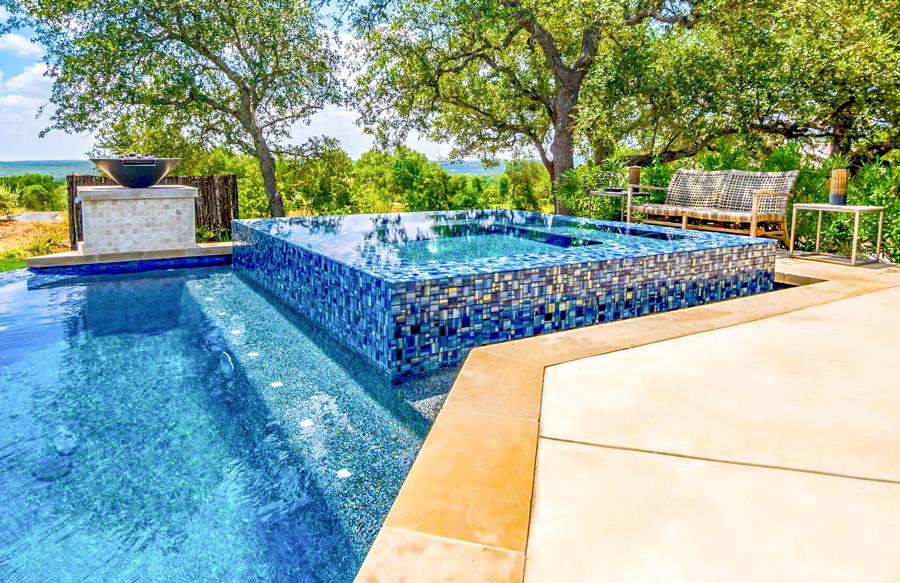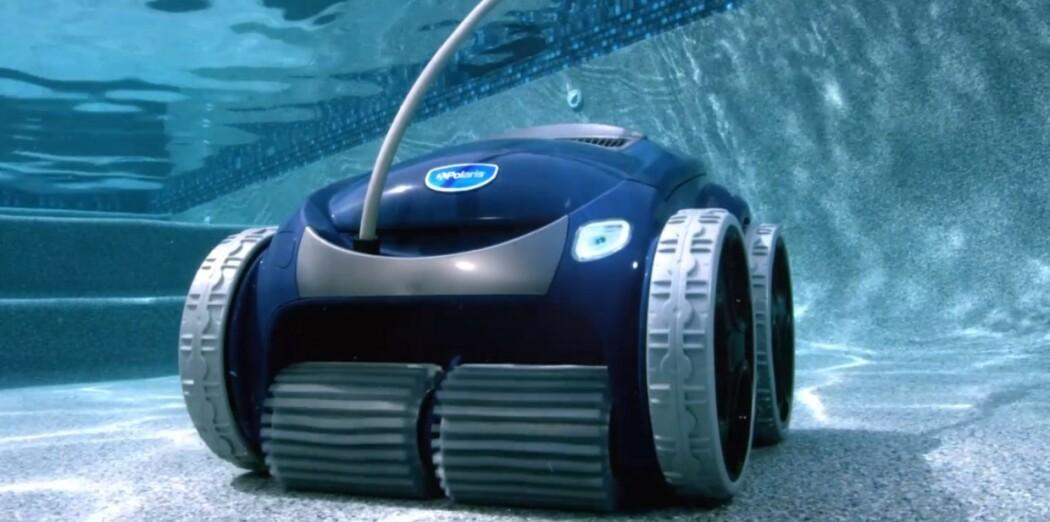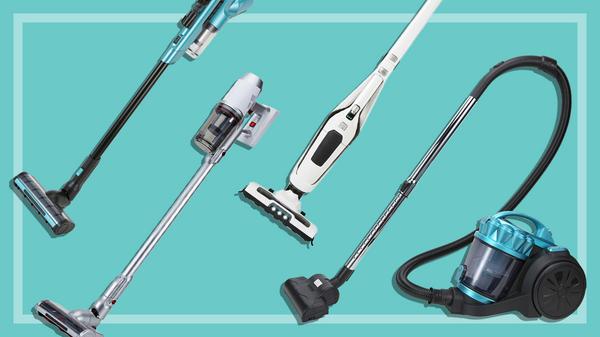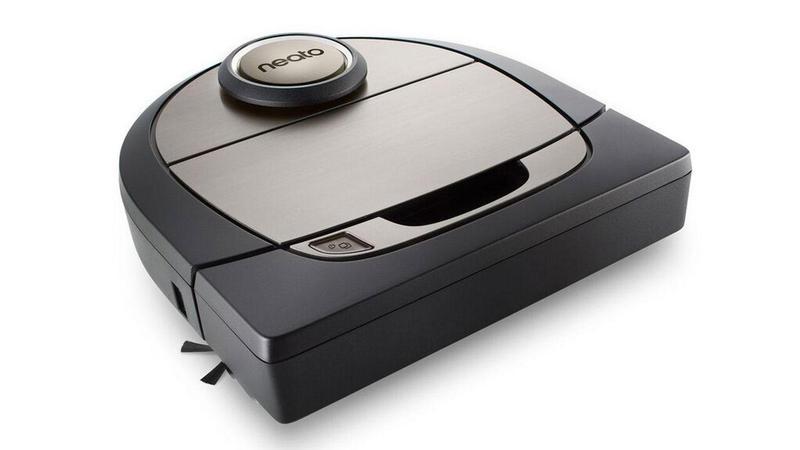Pools and spas
The law also requires that:
See Fencing of swimming pools for more information.
It is not enough just to have a pool fence – you must maintain it and safeguard the area. Repair any broken fencing immediately.
Make sure the gate is not left open, the kids don’t leave bikes or ride-ons against the fence and you don’t put pots or garden furniture where they could be used by kids to climb up and over the fence.
Indoor spa pools also have rules governing whether they have to be fenced or secured. The rules depend upon whether the building in which the pool is housed is used primarily for the spa or not. So whether the spa is in your home or in a separate building used mainly for the spa will govern which rules apply.
Outdoor spa pools have to be fenced.
Contact your local council for more information on your legal responsibilities or Water Safety New Zealand for information on water safety.
Like bathrooms, pool and spa surrounds must be considered as wet areas. Pools and spas also usually incorporate steps and ladders that become slippery when wet.
To reduce the risk of slipping:
All pools, spas and ponds more than 400mm deep come under the requirements of the Fencing of Swimming Pools Act.
Emptying your swimming pool
Before emptying your swimming pool, check with the manufacturer on how to do this as some pools can “pop out” of their excavations when the weight of the water is removed.
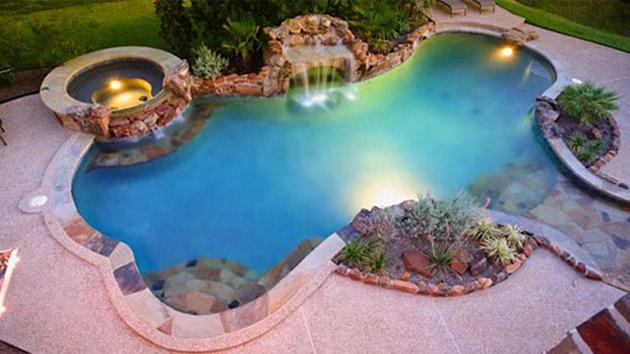
Your regional council will have a preferred way of discharging pool water so contact them first. The options are to discharge on to land (if you have a large enough section), into the sewer or into the stormwater system.
Whichever option you choose, try to remove as much of the chlorine and other contaminants as possible before discharging. You can do this by adding a de-chlorinator or leaving the cover off the pool and by clearing out leaves and other debris.
If discharge on to land is not an option, then the sewer is often the next preferred choice as it can cope with residual chemicals. The least preferred option is the stormwater system. Large discharges into stormwater drains can affect the ecosystem of the river or other watercourse the pool-water discharges into.
You should not empty your pool into the stormwater system if it is raining as this could also overload the system. Wherever you discharge the water, manage the flow rate so it does not overload the system.
For salt water pools you should discharge the water into the sewer rather than the stormwater system. Check with your local or regional council.
When water spills on to the deck or pool surround it can be slippery. Consider installing anti-slip surfacing or anti-slip paint.
Concrete pools
Concrete pools can be the most expensive to build and maintain, but they are the most solid. If you are skilled in concrete work, it can be an economic way to go. If the pool is painted you should have a regular schedule for cleaning and repainting (every 2-3 years) so that deterioration doesn’t get too severe. Proprietary plasters can last for many years.
Vinyl-lined pools
This is the cheapest option for pool liners. Liners last about 10-15 years but can be replaced.
Fibreglass-lined pools
Probably the most popular form of swimming pool in New Zealand, fibreglass liners can either be pre-fabricated or sprayed on-site to a formed substrate. Fibreglass pools are relatively easy to clean and maintain.
Gel coating: gives fibreglass pools their colour and surface. This coating can be replaced as it starts to fade and deteriorate with age. It is a job for the professionals. Speak to the pool manufacturer for more information.
Swimming pool money savers
Spa pools
Apart from maintaining a good chemical balance there is little preventative maintenance you can carry out on modern portable spa pools.
Keeping the chemicals in balance will extend the life of the pool and its filtration system as well as improve your bathing experience. Follow the manufacturer’s instructions for your type of pool.
Also follow the manufacturer’s instructions for any specific maintenance tasks they recommend, including emptying and cleaning the spa.
